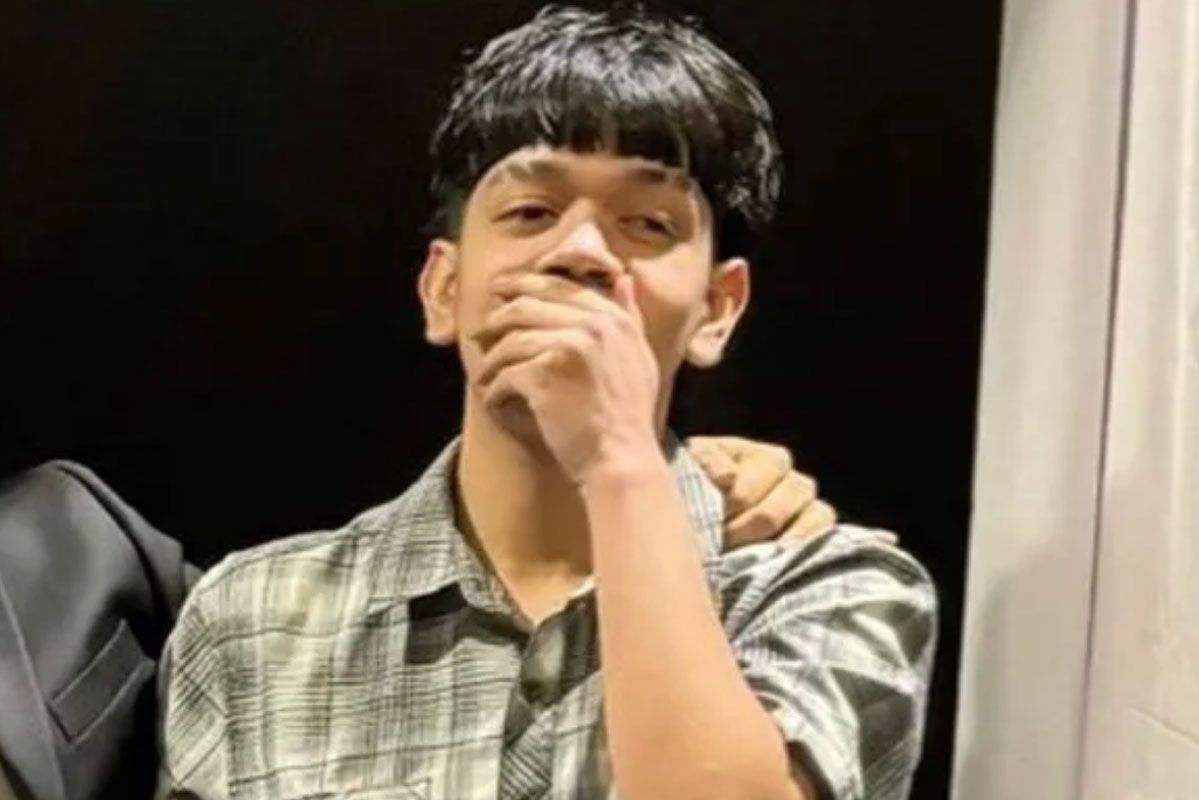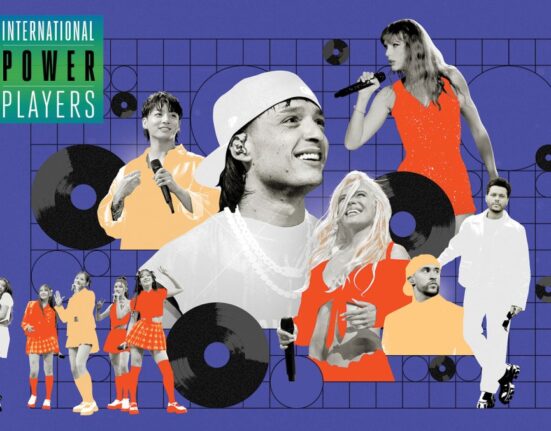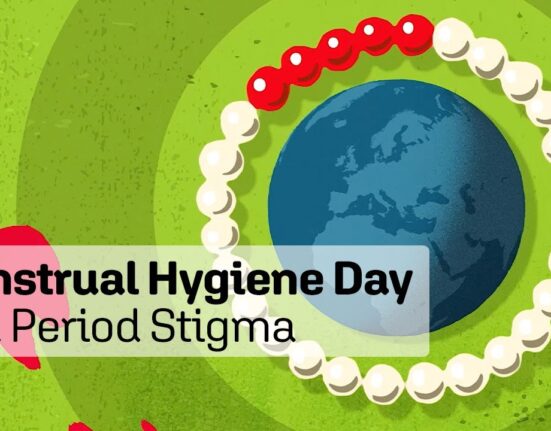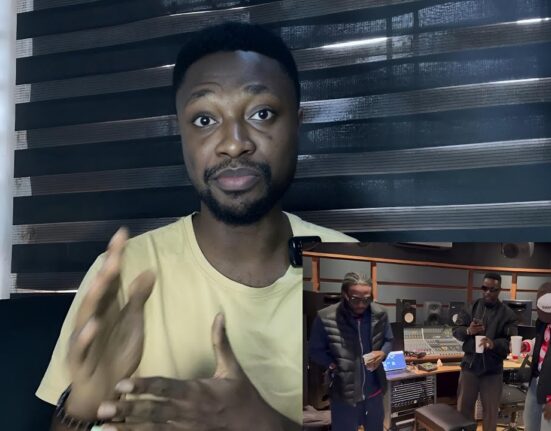The Nigerian Copyright Commission (NCC) has raised the alarm for disc jockeys (DJs) nationwide, cautioning them against playing music in public without legal authorization. Director-General John Asein from NCC has issued a strong warning, emphasizing the implications DJs could face if they continue this unauthorized practice.
Asein highlighted a concerning pattern where DJs are performing music in public areas without obtaining necessary copyright licenses from approved collective management organizations (CMOs). The NCC director pointed out that such actions constitute infringement under Sections 9 and 12 of the Copyright Act, which grant exclusive rights to copyright owners for reproducing, performing, or broadcasting their work.
In no uncertain terms, Asein conveyed the severe penalties awaiting violators. Those caught engaging in unlicensed public music performances risk facing a hefty fine starting at ₦1 million, a potential five-year imprisonment term—or both consequences combined. It is evident that the NCC considers unauthorized music broadcasts as not just morally wrong but also illegal.
To encourage compliance with copyright laws, Asein urged DJs to secure proper licenses and fulfill their royalty obligations through Nigeria’s approved CMO for musical works and sound recordings—the Musical Copyright Society Nigeria (MCSN). In an effort to streamline adherence to regulations, the Disc Jockey’s Association of Nigeria (DJAN) has taken proactive steps by entering into a Memorandum of Understanding with MCSN. This partnership enables DJAN to manage royalty payments on behalf of its members based on agreed-upon tariffs.
The NCC has made it clear that there will be no leniency towards individuals found violating these laws. Asein emphasized the straightforward nature of these regulations by stating,
“This is not a grey area; the rules are clear, the mechanisms are in place, and the consequences are real.”
Amidst these developments within Nigeria’s music industry regulatory landscape,
experts emphasize the importance of respecting intellectual property rights.
They highlight how unauthorized use of copyrighted material not only undermines artists’ hard work but also deprives them of rightful earnings.
Through stringent enforcement measures like those implemented by the NCC against unlicensed music use by DJs, authorities aim to safeguard creators’ interests while fostering a culture of compliance within the entertainment sector. By adhering to copyright laws and securing proper authorizations for public performances, DJs can contribute positively to supporting artists’ livelihoods and ensuring fair compensation for creative outputs.
As stakeholders navigate this evolving landscape of intellectual property protection in Nigeria’s vibrant music scene, enhanced awareness about copyright regulations becomes pivotal. The synergy between regulatory bodies like NCC and industry associations such as DJAN underscores a collaborative approach towards upholding legal standards and nurturing a sustainable ecosystem for artistic expression and creativity.









Leave feedback about this